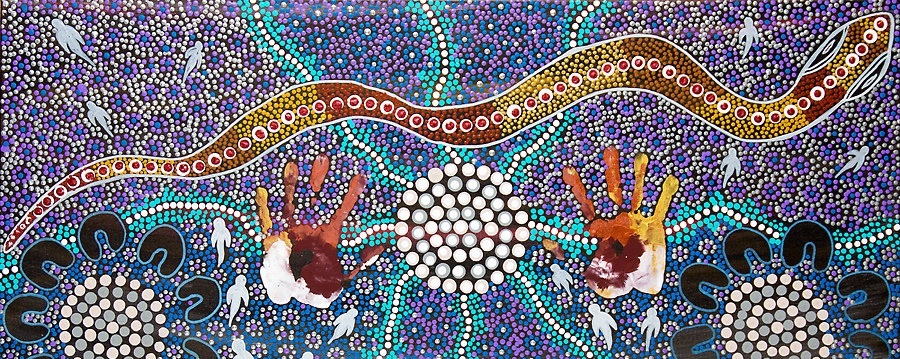BELIEVE IN YOURSELF
Once you've achieved a balanced level of emotional detachment from your writing, you may find a sense of freedom that encourages your creative muse to come out of hiding. This freedom is based in self belief. And, without believing in yourself and your writing, you'll never have the energy, the commitment or the determination to finish a single page, let alone 200+, of creative writing.
When you're emotionally detached from your work, you're more able to differentiate between valid objective criticism (e.g. "...fails in area of language, the author made unwise choices; the novel is more religious than spiritual") and invalid subjective criticism (e.g. "the author has obviously never been in a Catholic Church before...the scope of her work is beyond her talents").
The first example is valid, because it's based on an objective reality. After an extended break from my novel, I could see where I had made unwise choices: the setting in a country parish imbued the book with religious, rather than spiritual overtones; I used too many repetitions of words and symbols; and other examples that hadn't been clear to me in the first heady rush of completing the novel.
The second example is invalid, because it reflects the examiner/critic's personal perceptions. It is a subjective criticism that, once I emotionally detached from the criticism, made me realise that I'd achieved more with my novel than I'd been given credit for.
For example, as a deliberate technique, wanting to create a universality to my text, rather than a particularity of place and time, I chose as a setting an unnamed city ("the old sea city"); an unnamed location ("the war-torn countries to the north") and an unnamed religion: nowhere, not once in the fiction text, or in the theorectical text including a critical interpretation of the novel, did I actually name the religion that the characters followed. Obviously, the scenes were based on my experiences of the Episcopalian Church and the Russian Orthodox Church, and involved much use of incense and the effects of stained glass windows! However - and this is vital - there was no denomination mentioned. The examiner's criticism could, therefore, only be based on her subjective interpretation of the text.
Once I stopped reacting with my ego ("How dare she say that; this is a brilliant book!") and inner critic ("Oh No! I have less then zero talent! I'll never write again!") and started reacting with objective detachment, I realised the examiner's criticism was, in fact, an indication that to some degree I achieved what I set out to do. I'd deliberately chosen not to identify setting, time, place, religion and so on because I wanted each reader to impose their perceptions on the text and draw from the text exactly what most fit their personal experience. The examiner's criticism, as subjective as it was, actually proved to me that - in a small way - I had enough talent to meet some of my goals for the novel.
This realisation did two things;
1. It restored my faith in myself, my talent and my writing. If I could do it once, no matter how briefly or how flawed, I could, with practice and still more practice, improve my writing skills to the point of being able to produce a novel that will attract the right attention.
2. It assisted in helping me become even more detached. From being intimidated by the examiner's criticisms (she is, after all a multi-published author) I accepted that only I could be the ultimate judge of whether I am "unable to write a good novel" or if it's more a case of "this novel is not a good novel".
"Dreams are born in the heart, and it is only there they can die", some sage once said. By realising that, in my heart, I still believe in myself as a writer I was able to move past the criticism and begin to TAKE POSITIVE ACTION.
To read more on "5 Ways to Overcome Rejection Blues" visit:
1. Seek Emotional Detachment
2. Believe in Yourself
3. Take Positive Action
4. Write, Write, Write
5. Avoid Comparisons

No comments:
Post a Comment